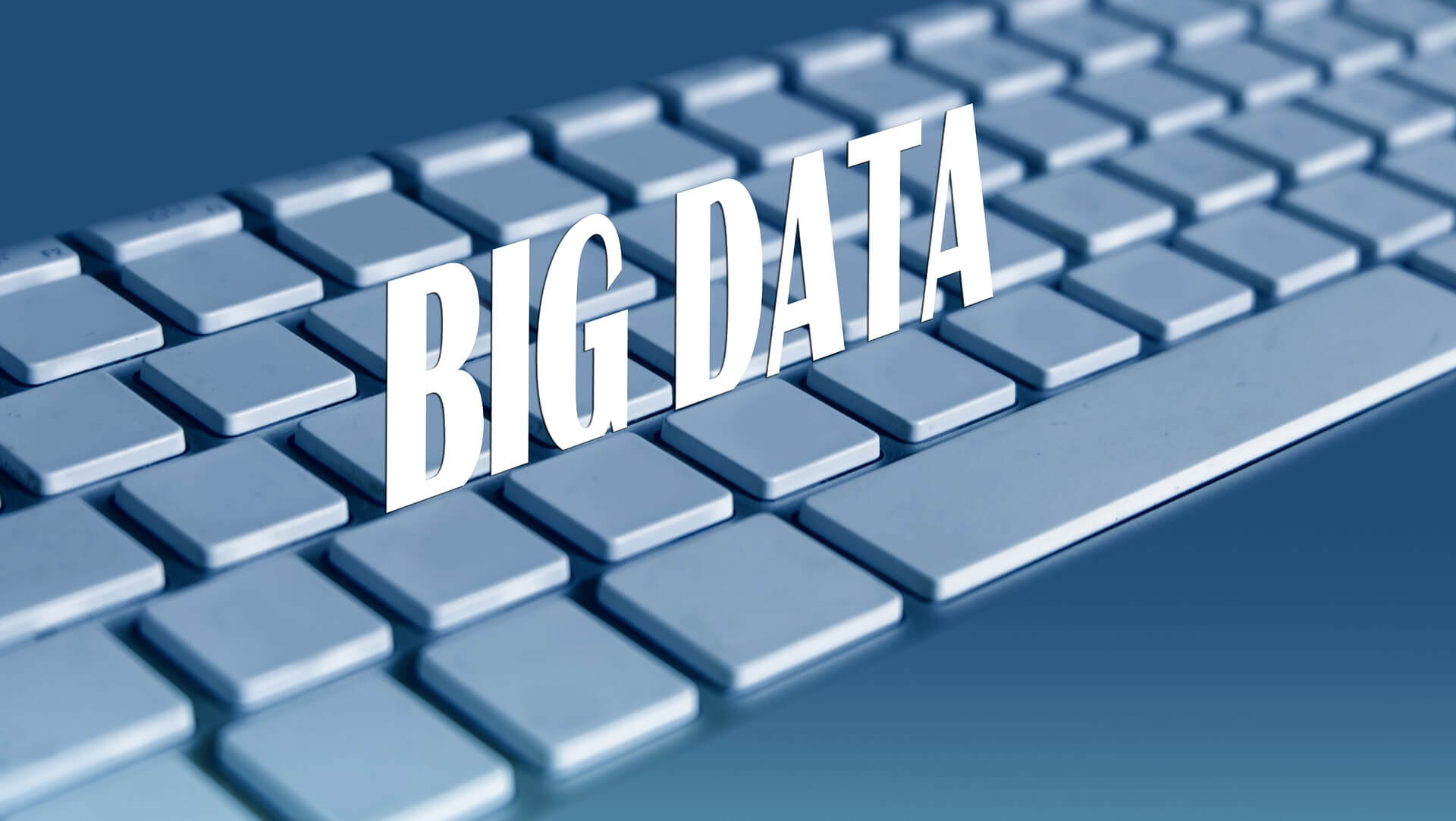
Big Data is not just a trendy term; it is reinventing technology companies, regardless of the sector we are discussing. In addition, its use in human resources departments is gradually spreading. It makes sense since it allows the total collection and analysis of data from any company or institution to facilitate its members' work.
HR management tools that automate the use and processing of this data make it possible to optimize the performance of HR teams' functions. Sounds overwhelming? Maybe. But let's dive into this to understand why it has become a fundamental tool.
Big Data has revolutionized many sectors.

You have to look around, and you will see it; grab your pocket and pick up your smartphone. Have you ever entered a website and seen advertising for a product or service you have been looking at lately? Congratulations, that is primarily thanks to Big Data.
After integrating firmly into the digital world, especially in marketing, Big Data has transferred its revolution to many other fronts. It is already an essential part of financial control mechanisms and commercial management. Now, it is starting to delve into the personnel management of both large and small companies. "This type of technology will grow exponentially in the coming years," according to Alfonso Bris, an expert in Talent Management.
And it is easy to understand why. Big Data has already left a significant mark on the consumer industry, allowing financial companies to predict market movements through machine learning. It has even improved the healthcare sector by facilitating the detection of early symptoms in patients. By turning everything upside down, which is why its integration into the field of HR, far from being a surprise, has been seen as a natural step in its path.
What can we expect from Big Data analysis in Human Resources?
Let's shift our focus back to the role of Big Data in human resources. In that case, HR expects it to help analyze and evaluate critical HR practices, including recruitment, talent management, training, and performance, by collecting and tracking high-quality data. That is the first vital component of any HR analytics. So how can it help our company and the way we do business?
Big data analysis in HR can derive three essential fields of action.

First, it is a crucial tool for facilitating decision-making. We can achieve this by quickly evaluating workers' performance and productivity by accessing their data in real-time. Developing personnel analytics to check which departments work better or worse is possible. Then we can use it to prevent future doomsday scenarios by choosing a better path than the one we are on.
It also shows its benefits early on, in the mere act of hiring. With many candidates applying for your business, Big Data allows you to work with all the information quickly. With access to Big Data, sifting, filtering, and recovering all the information necessary to choose the most suitable candidates becomes a breeze. As a result, it saves a lot of time, maximizes the quality of the results, and ultimately, the company benefits by hiring professionals who best fit your company and its needs.
Last but not least, we must talk about improving the well-being of your employees. It is not only possible to evaluate their performance, but it is also possible to see the state of your staff in real-time. This means the management of schedules, days off, and vacations, as well as facilitating communication between teams in your entire company, is done in such a way that benefits everyone involved.
Big Data also makes the creation of tailor-made training plans for each employee easier and faster. This way, even your new employees can grow professionally, and you will have more options to promote in-house.
Barriers to Implementing
As we have seen, Big Data analysis greatly enhances businesses, and it goes without saying that Big Data in Human Resources can be revolutionary for any company. However, it has yet to become normalized, and there are many barriers to overcome that come with it.
- First of all, many businesses still need to be more confident when it comes to implementing the use of Big Data. Lack of knowledge about its benefits and its potential costs causes many to dismiss it immediately. Sometimes companies refuse to implement Big Data just because of the scale of implementing it. It can be costly and the benefits are not readily apparent.
- There are also concerns about data privacy and security, as the collection and processing of personal information can raise ethical and legal issues. Companies need to ensure that they comply with data protection regulations and that the data is used responsibly and transparently.
- Finally, there may be resistance from employees who fear that their privacy is being invaded and that they are being reduced to mere data points. Companies need to communicate clearly with their employees about the benefits of Big Data and address any concerns they may have.
In Conclusion

In conclusion, Big Data is not just a trendy buzzword but a technology that is revolutionizing businesses across all sectors. Its integration into Human Resources is a natural step in its development, as it can provide valuable insights for decision-making, hiring, and employee management. However, there are also significant barriers to its implementation that must be addressed to ensure its responsible and transparent use.
On a related note, check out our article on Top 6 HR blogs in 2023!
